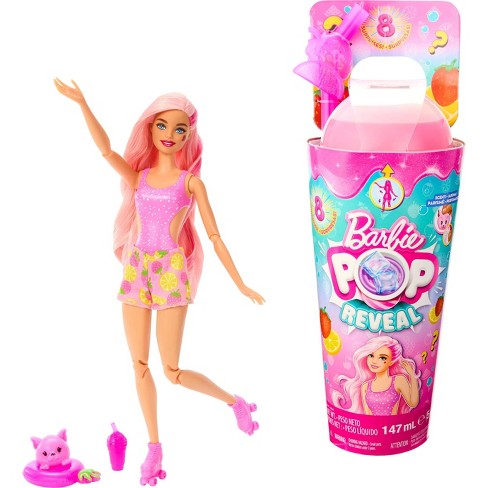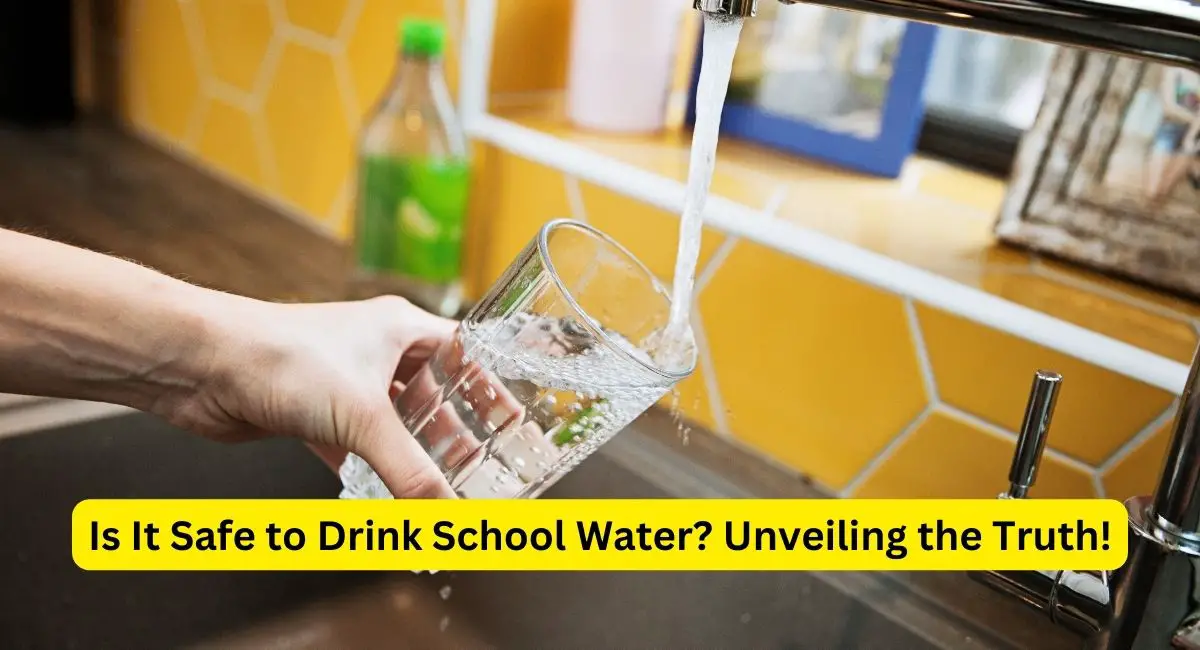Drinking school water is generally safe if it meets local health standards. Ongoing maintenance and testing of water systems is crucial for safety.
School water safety is at the forefront of parental concerns, as ensuring the health of children while they learn is paramount. Water quality in schools can vary depending on the age of the building, the location, and the source of the water.
With the rise of incidents involving contaminants such as lead or bacteria in public water systems, the trust in school water supply has been under scrutiny. Ensuring that the water is regularly tested is key in maintaining safe hydration for students and staff. Parents and school administrators alike prioritize this aspect of school safety, understanding that clean water is essential for the well-being and cognitive function of the growing minds within their care. This conversation about water safety continues to be vital for the assurance that our schools remain a safe environment for our children.
The Rising Concern Over School Water Safety
Recent incidents have raised concerns about the safety of the water that students drink at school. Lapses in maintenance and old infrastructure can lead to contaminated drinking water. Schools across various regions report issues ranging from lead contamination to the presence of harmful bacteria. These matters deeply worry parents, students, and staff alike.
Key factors affecting water quality in educational institutions include pipe decay, improper filtration, and irregular quality checks. Ensuring that children have access to clean and safe drinking water while at school is critical.
| Factor | Impact on Water Quality |
|---|---|
| Aging Pipes | May lead to metal leaching and contamination |
| Filter Maintenance | Critical for removing impurities |
| Quality Testing | Essential for detecting harmful substances |
Urgent action is a must to protect health and well-being of school-goers. Regular monitoring and modernizing of facilities is imperative for safe water in schools.

Credit: about.underarmour.com
Assessing Water Quality: Protocols And Policies
School water safety is crucial for student health. Governments set standards for safe drinking water. These standards protect us from harmful substances.
Schools must test water regularly. This ensures water meets safety requirements. Local and national agencies supervise the testing. They also respond to any issues found.
Schools that fail tests must fix problems fast. This keeps the water safe for kids to drink. Agencies also guide schools on maintaining water systems.
Common Contaminants Found In School Water
Lead contamination poses a serious risk to students’ health. Kids exposed to lead may suffer from learning difficulties and behavioral issues. Lead can enter drinking water through old pipes. Schools built before 1986 are more likely to have lead pipes. Testing school water for lead is essential to ensure safety.
Bacteria, viruses, and parasites can make their way into school water supplies. These biological hazards can cause illnesses such as gastroenteritis and flu-like symptoms. Regular water quality tests are crucial. They help to catch these problems early. Clean and safe drinking water is a must for a healthy school environment.

Credit: www.target.com
Impact Of Unsafe Drinking Water On Health
Unsafe drinking water carries serious health risks, both short-term and long-term. Consuming contaminated water can lead to stomach aches, nausea, and vomiting. These are short-term effects. Over time, it may cause severe health issues such as digestive problems and development issues. Children, especially, are highly vulnerable to these dangers.
School water might contain harmful pollutants like lead and bacteria. These can affect brain development and learning abilities in children. Regular checks and proper filtration systems are vital for safety. Ensuring clean water in schools is crucial for the well-being of students.
Solutions And Improvements
Modern water filtration technology makes school water safer. New systems remove harmful particles. These systems can catch toxins and bacteria very well. Kids can drink water without worry.
Communities work together for cleaner school water. They ask schools to test water often. They also help schools get better filters. Safer water means healthier kids and happier parents.

Credit: m.facebook.com
Case Studies: Success Stories And Failures
School water systems are vital for student health. Some schools found harmful substances in their taps. Upgrades and monitoring became their focus. An elementary school in Flint, Michigan is an example. They replaced old pipes and used filters. Now, kids at that school sip clean water daily.
A high school in California also took action. After finding lead, they installed advanced purification systems. Their water is now safe and clean for thousands of students. These schools teach us a crucial lesson. Regular testing and immediate action can prevent health issues. Students, teachers, and parents all benefit from these changes.
Frequently Asked Questions On Is It Safe To Drink School Water
Should I Drink School Water?
Drinking school water is generally safe if the facility maintains proper filtration and regular testing to ensure water quality. Always check with your school for current water safety reports.
Are School Water Fountains Safe?
School water fountains are generally safe if maintained properly. Regular testing and cleaning help ensure water quality and safety for students.
Do School Water Fountains Have Lead?
Some school water fountains may contain lead due to aging pipes and fixtures. Schools are increasingly testing for lead and replacing outdated fountains to ensure water safety.
What Happens If You Don’t Drink Water At School?
Not drinking water at school can lead to dehydration. This may cause fatigue, headaches, poor concentration, and decreased academic performance. Drink water regularly to stay hydrated and focused.
Conclusion
Understanding the safety of school water is crucial for the well-being of students. Regular testing and maintenance are key to ensuring purity. Trust and vigilance from both school authorities and parents can uphold water safety standards. Prioritizing this issue will help guarantee that hydration at school remains risk-free for all.

